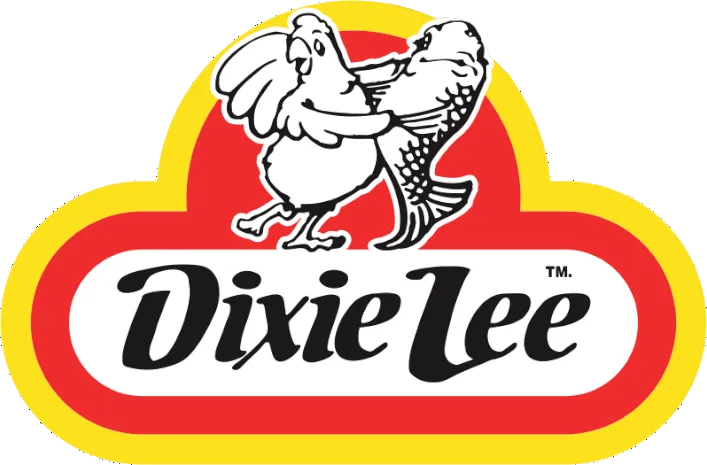The Origins of Canola Oil
Canola oil, one of the most common types of industrial seed oils, has a long and storied history that is often overlooked by those who consume it. Originally developed in Canada during the 1970s, canola oil was derived from the rapeseed plant, which had long been used as a source of oil for various industrial purposes.
One of the most notable uses of rapeseed oil was as a lubricant for diesel engines. The oil was prized for its ability to withstand high temperatures and its low freezing point, making it an ideal lubricant for engines operating in harsh environments.
Despite its origins as an industrial lubricant, canola oil was eventually transformed into a food product through a series of genetic modifications and chemical processes. Through selective breeding, scientists were able to create a new strain of rapeseed with lower levels of erucic acid, a toxic compound that made the oil unsuitable for human consumption. Once the new strain of rapeseed was developed, the oil was subjected to a series of chemical processes, including degumming, bleaching, and deodorizing, in order to remove any remaining impurities and make it more palatable for human consumption. Inspect the packaging of the foods you are consuming and you’ll find that this Frankenstein engine oil is in just about everything you eat.
Why Seed Oils Are Bad for You
The consequences of consuming these highly processed, chemically extracted oils are numerous. One of the most significant issues with seed oils is their high concentration of omega-6 fatty acids. While omega-6s are essential for our health, the Western diet is already heavily skewed in favour of these fatty acids, with a ratio of around 20:1 of omega-6 to omega-3 fatty acids. This imbalance can lead to chronic inflammation, which is at the root of many modern health issues, including heart disease, diabetes, and autoimmune disorders.
In addition to their high omega-6 content, seed oils are also highly unstable and prone to oxidation. When exposed to heat, light, or air, these oils can break down into toxic compounds, such as free radicals and lipid peroxides, which can damage cells and contribute to the development of cancer and other diseases. Furthermore, seed oils have been linked to a host of other health problems, including obesity, insulin resistance, and impaired brain function. These oils can also interfere with the absorption of essential nutrients, such as vitamins A, D, E, and K, which are crucial for maintaining optimal health.
What to Replace Seed Oils With
If seed oils are so detrimental to our health, what should we be using instead? The answer is simple: natural, unprocessed fats. Fats that have been used by humans for thousands of years, such as olive oil, coconut oil, avocado oil, and animal fats like butter and lard, are far superior to the industrial seed oils that have become ubiquitous in the modern diet. These traditional fats are rich in nutrients, such as vitamins A, D, E, and K, and are less prone to oxidation, making them a much healthier option for cooking and consumption. Additionally, these fats are often rich in omega-3 fatty acids, which can help to counterbalance the excess of omega-6s in the Western diet and promote overall health and well-being.


